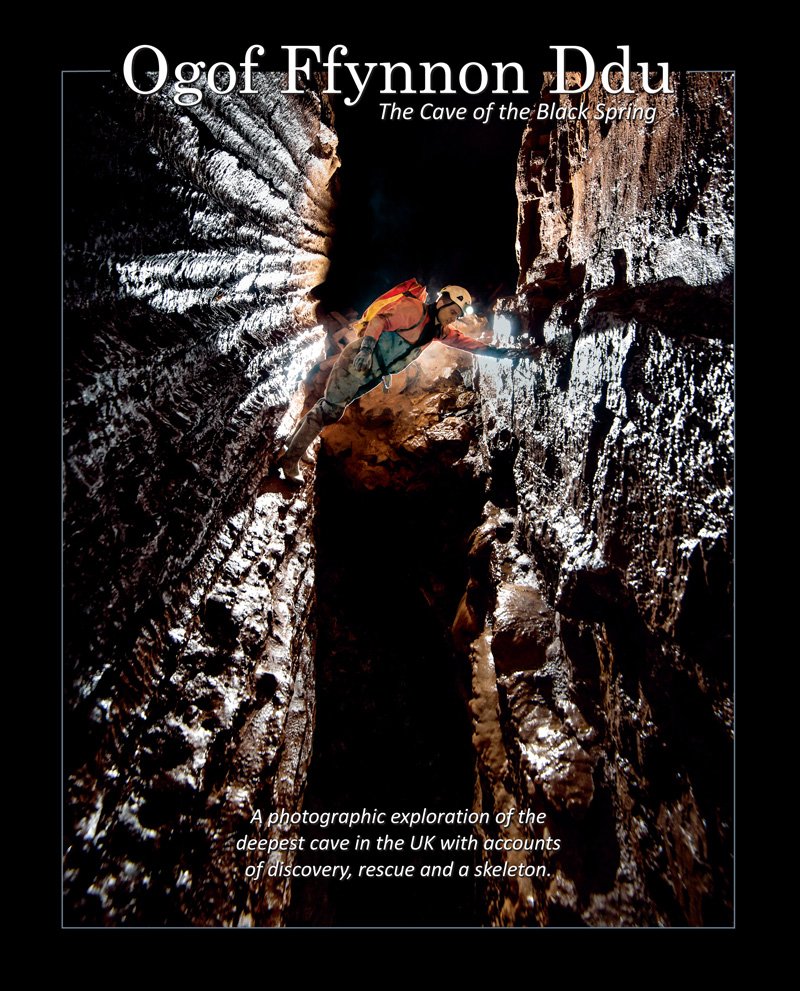ditzy 24//7
Active member
I have recently watched a film called the inconvenient truth by al gore and it is all about global warming and how the earth is suspected to change drastically within the next 5o years due to global warming. The film states that within the next 70 years or so the uk is likely to be in a iceage.and it is said to last up to 1000 years. This will happen by the north polls ice is melting drastically by the sun. this is not from the sun hitting the ice though this is caused by the sun hitting the water around the ice and heating it up. 90% of the suns rays just reflect off of the ice but as atmosphere aroun us is being thickend due to global warming 40% of the suns rays out ogf 90% is getting trapped.as the ice is melting less of the suns rays is reflecting off of the ice and is going into the atlantic ocian and is therefore warming up the ocian and is causing the ice to melt dramastically quicker than what was origonally suspected. the way that the ice age is suspected to happpen is that the tide of the ocien will stop going round in its normal cycle when the ice is compleatly gone and this will effect the cycle of whick the tide goes and will cause the iceage. urope will get a iceage becaus we are right by the cold tide and if that stops it will just freeze. when this happens aswell it is said that 45% of the earths land will be under water because when the ice melts this is causing more wather to be in the ocians and also it is said to rise at least 20 ft when the north poll ice melts.
If you want any more information feel free to ask.
If you want any more information feel free to ask.



